More and more people are looking for ways to naturally enhance their well-being. CBD oil, an extract from the hemp plant, has established itself as a promising option in recent years, even touted by some as a cure. But how healthy is the remedy really and how can the quality of CBD oils be recognized?
What is CBD oil?
Hemp contains over 100 cannabinoids – including the psychotropic THC and cannabidiol (CBD), which is not psychoactive. These are the two most therapeutically interesting ingredients in the cannabis plant: compared to THC, CBD does not cause a state of intoxication, but it has a number of other effects. As a result, CBD has attracted more and more attention in science in recent years, especially with regard to possible anti-inflammatory effects.
CBD oil, which is also often used in cosmetics, is obtained by extracting cannabidiol from industrial hemp and is then offered in various concentrations.
How does CBD oil work?
CBD interacts with the body's own endocannabinoid system, which is responsible for regulating sleep, pain sensation, immune system reactions, and mood. Because CBD interacts with the receptors of this system, it can cause various effects. There are indications for the following positive effects:
- Pain relief: CBD is said to reduce chronic pain by inhibiting inflammation and modulating the activity of neurotransmitters.
- Improvement in sleep: CBD can improve sleep quality by reducing the time it takes to fall asleep and extending deep sleep phases. This can be particularly interesting for people with restless sleep.
- Anxiety and stress reduction: It is believed that CBD has a calming effect on the central nervous system and influences the production of serotonin, a mood-regulating hormone. Many people therefore use CBD oil to treat stress.
It is scientifically proven that CBD can reduce the frequency and severity of epileptic seizures.
Use of CBD oil
Sublingual intake: For quick absorption through the oral mucosa, a few drops of CBD oil are placed under the tongue and held in the mouth for 30-60 seconds before swallowing.
Along with foods and drinks: If you don't like the taste of CBD oil, you can mix it into drinks and foods. However, the effect will be delayed.
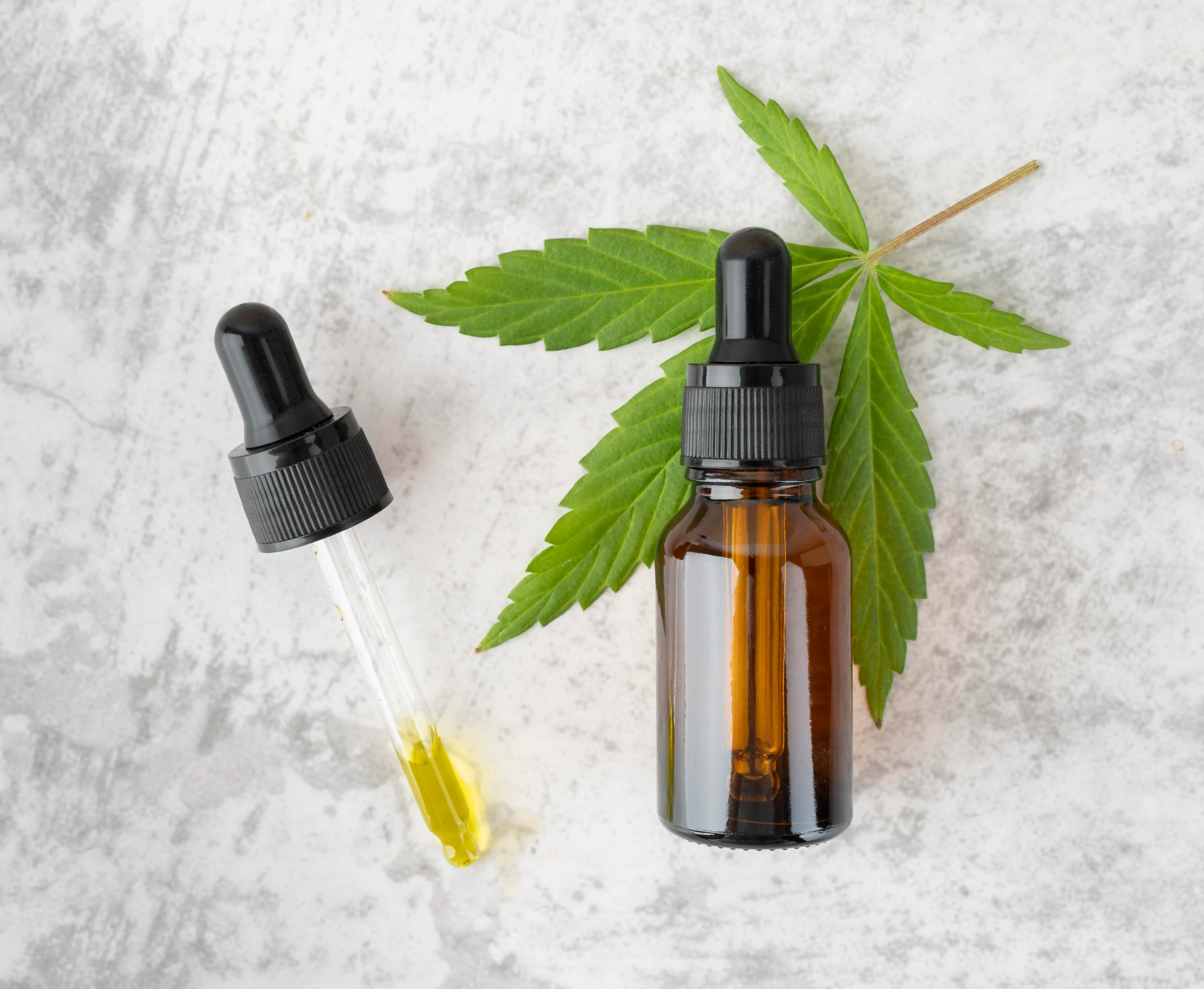









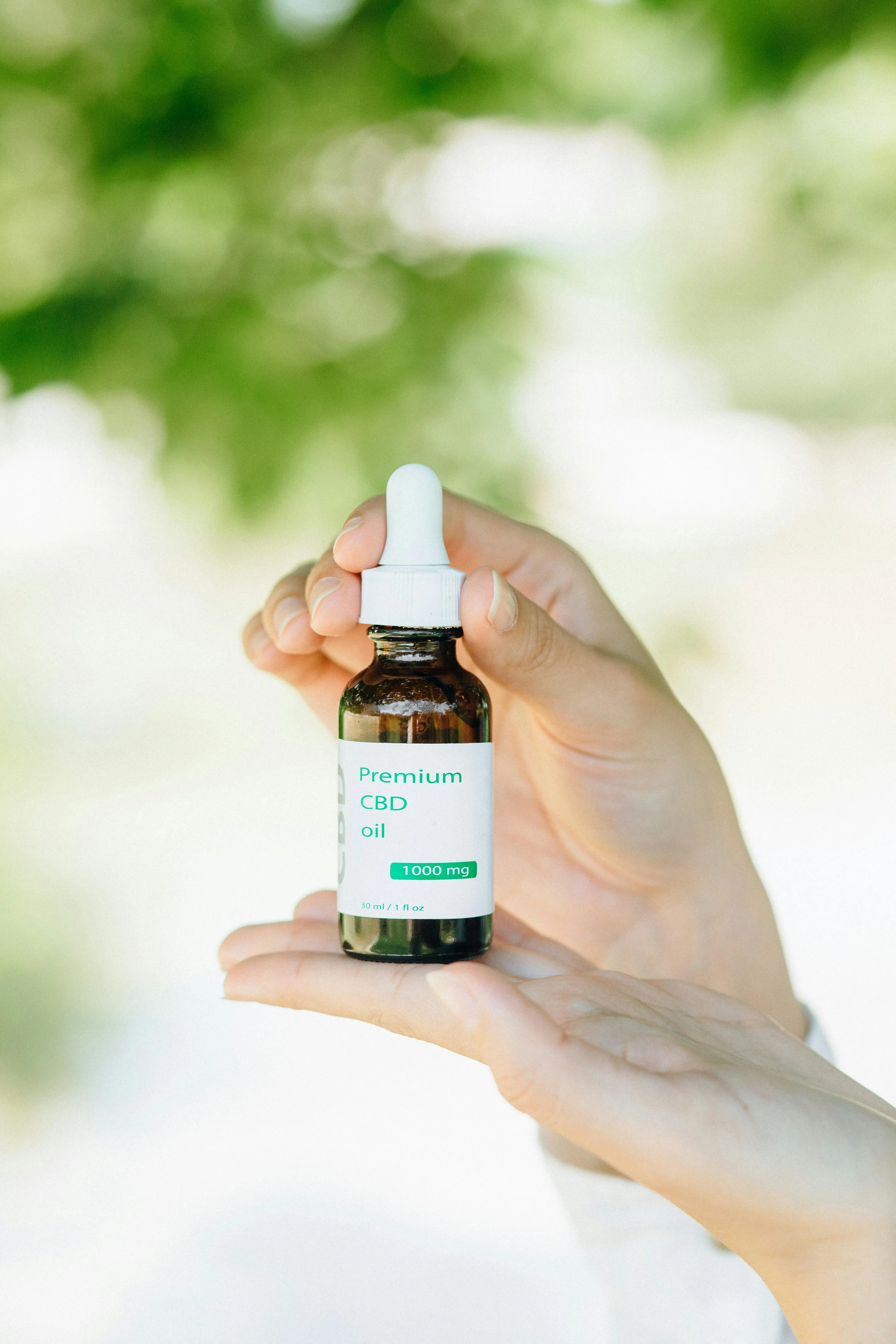

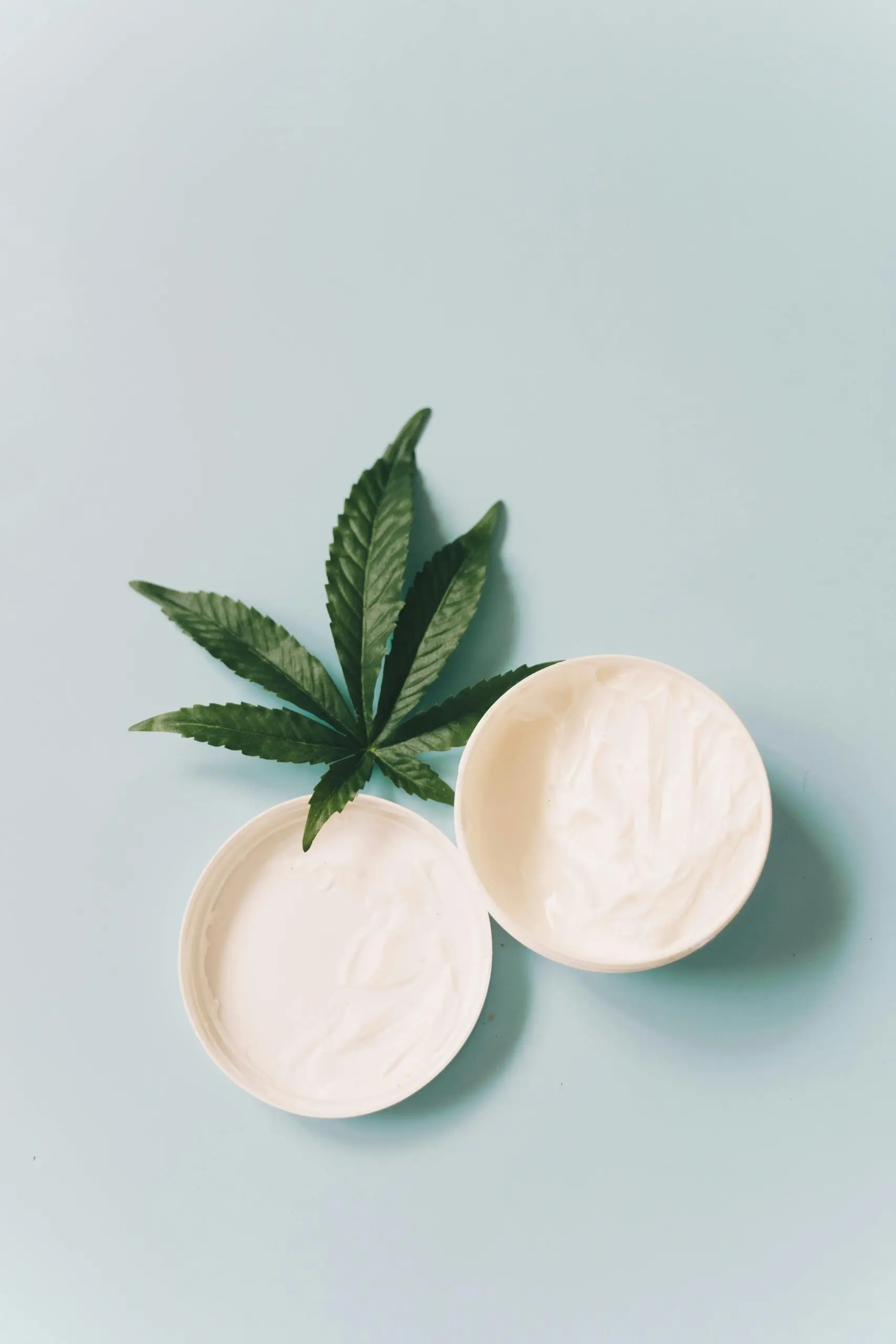
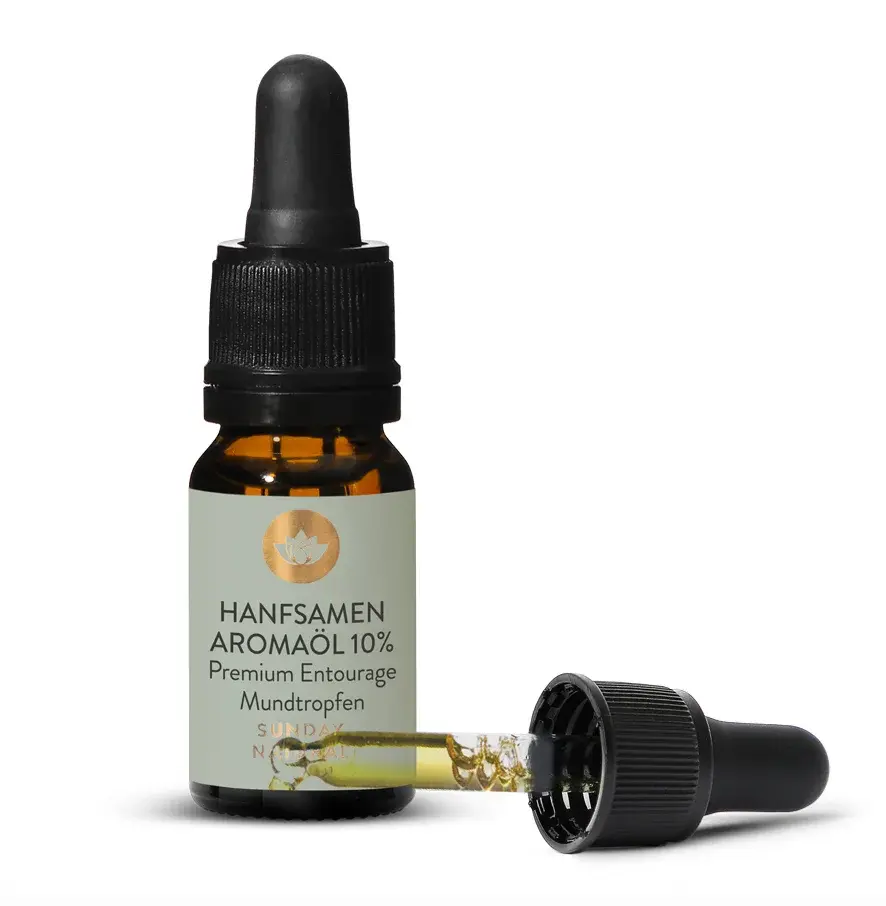
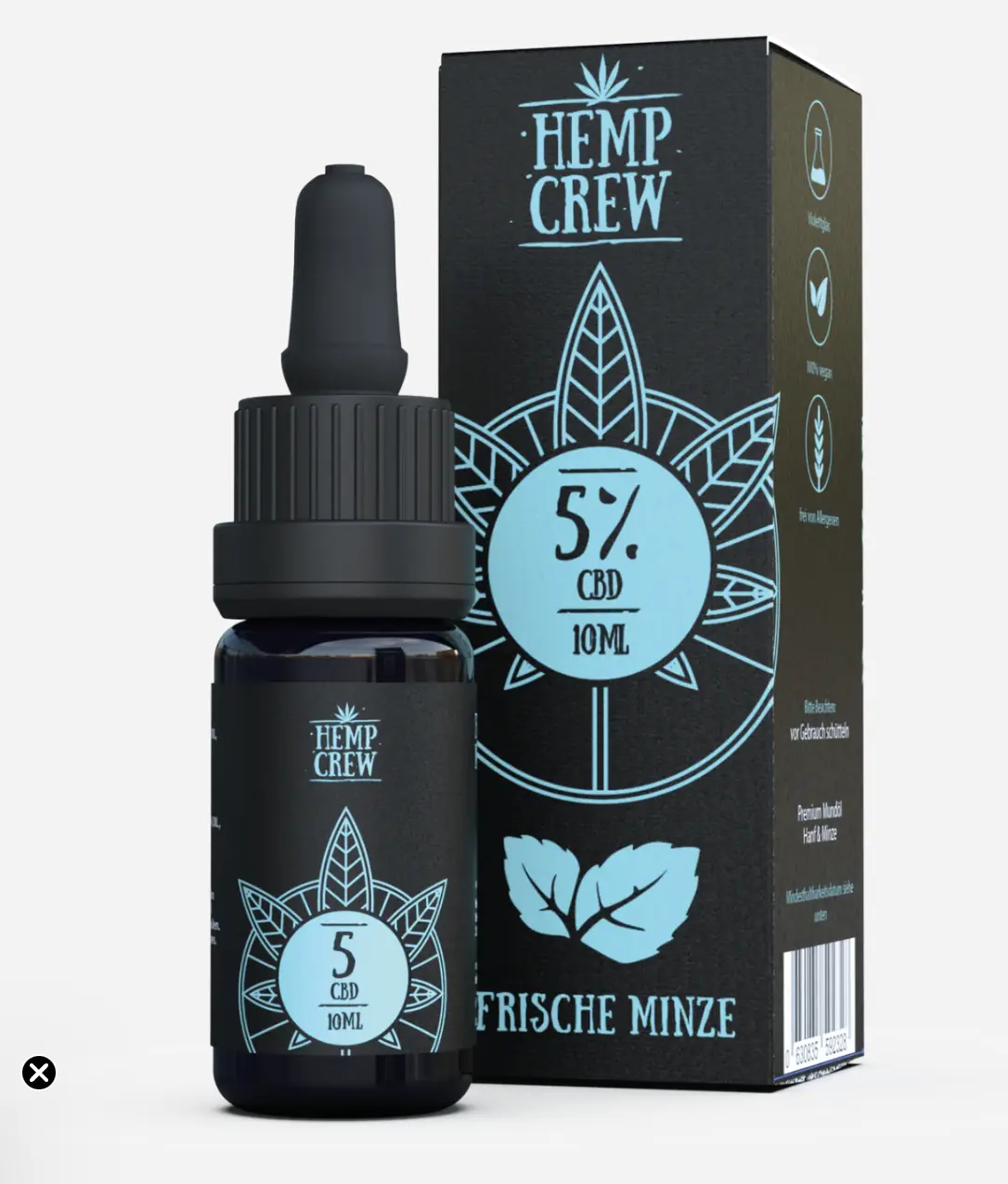
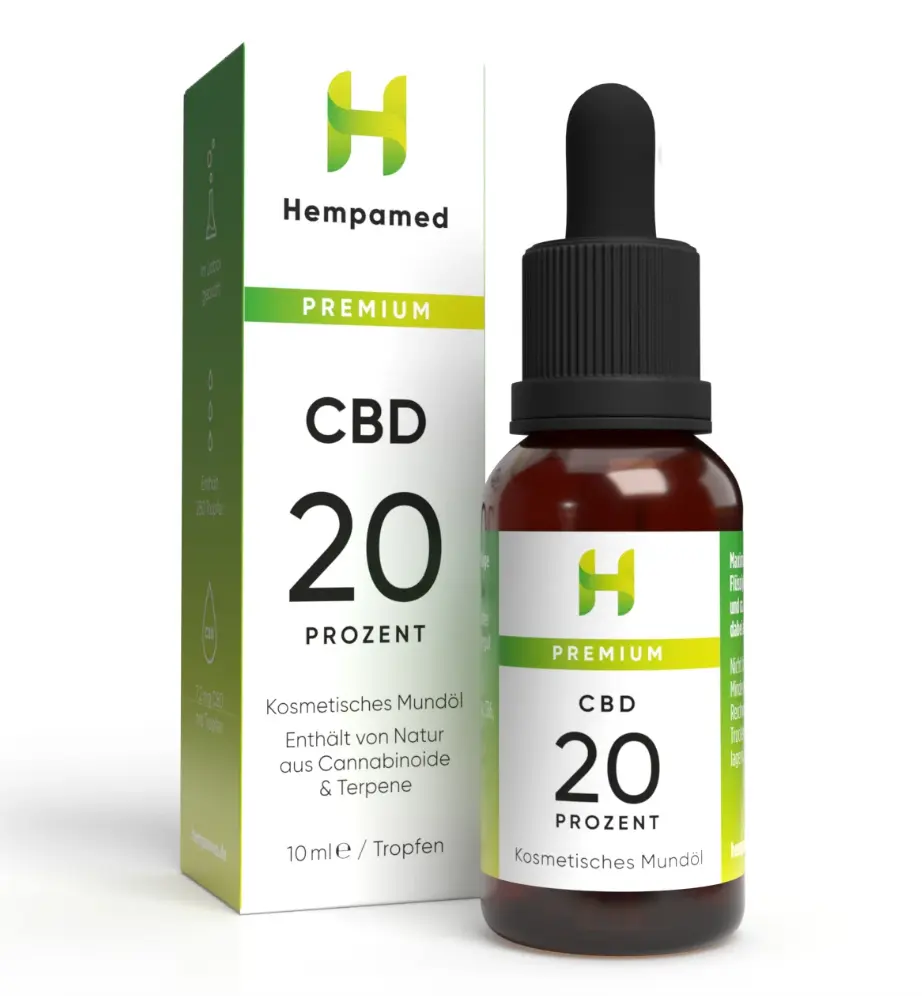


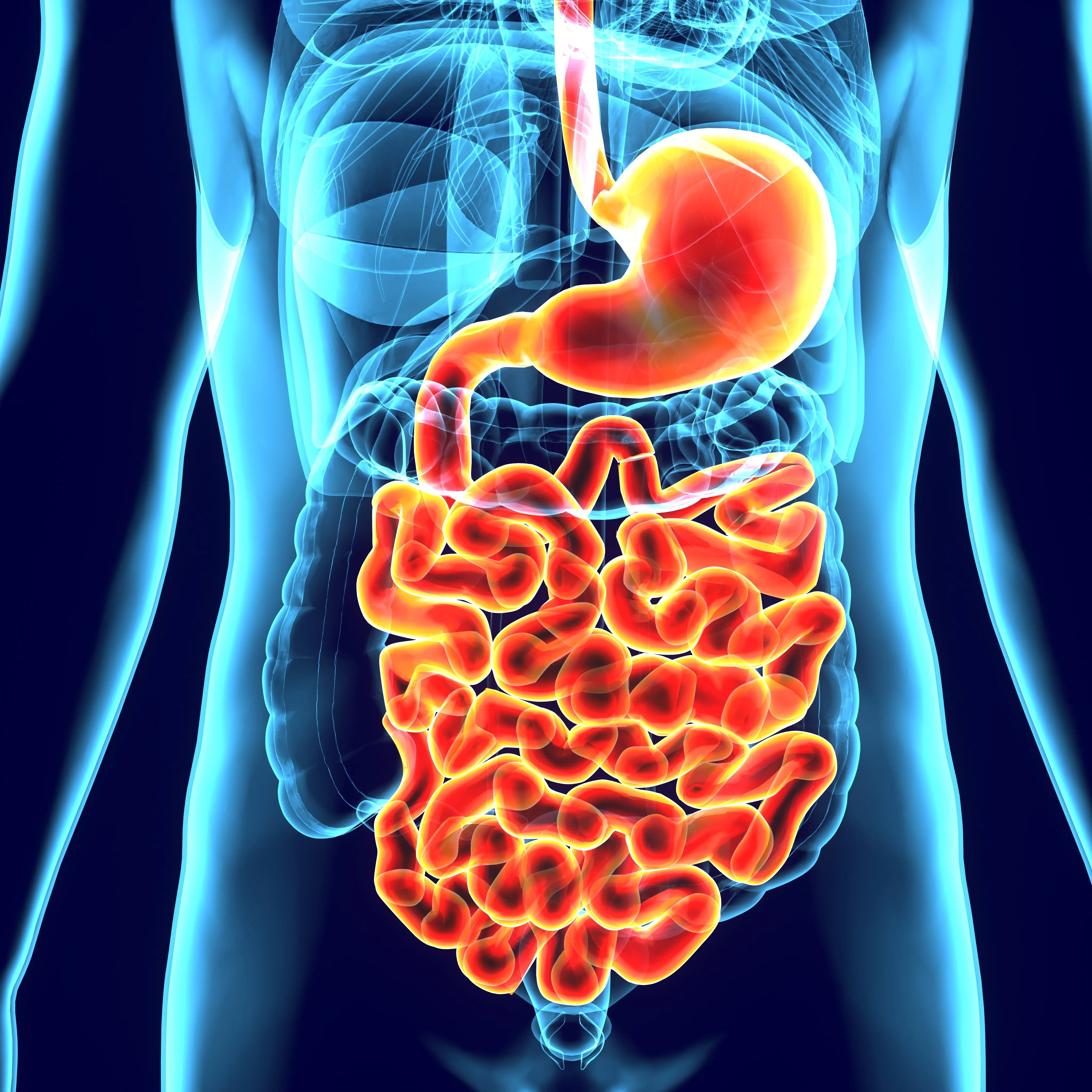
_1500x2250_150_RGB-2.webp)